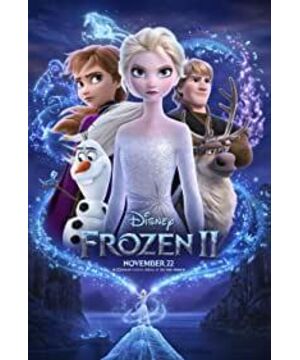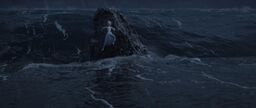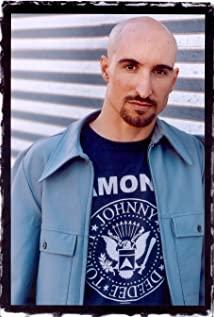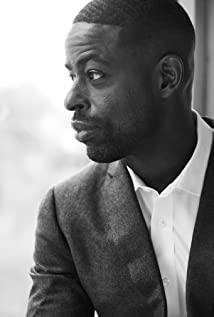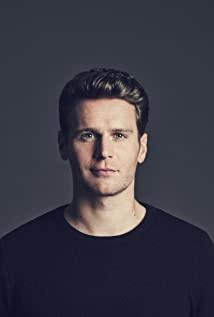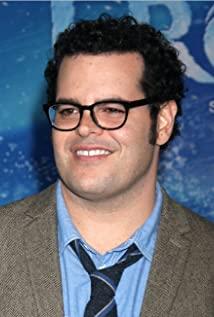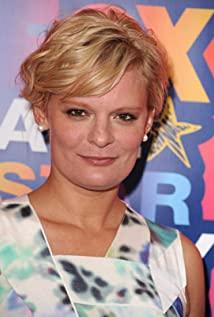Frozen2 is amazing. That motive runs through the entire film, floating vastly in the cold, snow-white sky in the north. I shudder to think about it now. I saw that someone pointed out that the whole film used a lot of references to Norse mythology. In the atmosphere of mythology, the two heroines naturally surpassed the princess and queen and became "goddesses". Recalling the first step in such a grand story development feels too simple and stingy. But I think further, Frozen1 uses the fairy tale formula that subverts the "Prince and Princess True Love Kiss" at the same time; in fact, the second part cannot be established without the subversion of the first part. The development of women's literature has always been like this, and it has to wrestle with the male narrative tradition in order to have a female voice.
If the first is about Elsa's self-identification; the second is a retracement of the submerged history of women and the source of women's power. She needs to first acknowledge and affirm her own vitality, and then deeply understand the origin and meaning of this strength. The river they were looking for was a metaphor. A myth that almost dates back to the era of matriarchal clans, the goddess is the fifth element connecting the four elements of wind, earth, fire and water, and the metaphor of "river" even more expresses the endless source of vitality. Elsa's strength comes from the kindness of her mother who saved his lover. Anna tells Elsa that this is nature's reward to mankind, and she is nature's gift. The power of the goddess comes from human love (not love), and goes beyond love and returns to nature.
The first part focuses on Elsa, while Anna is basically a symbol waiting to be rescued in traditional fairy tales. This is the legacy of it. In the second part, Anna kept telling Elsa that we had to fight side by side. It was the unity and friendship between women, and it was also Anna's self-affirmation. In the end, Anna rescued Elsa. At this time, this "salvation" is no longer a rescue in the traditional sense of male narrative, but a victory achieved by women fighting side by side; the meaning is completely different.
It's time to reconsider the relationship between Anna and sister Elsa. Anna's power comes from the earth, the world, and the world, and her power eventually returns to the earth and the world. It should be said that her being the Queen of Elendale is the only correct result, which is determined by her nature. And Anna's power is born, the other side. People seem to have been uncomfortable with Anna's eventual watch over the forest, but it's understandable to realize the connection of her powers to transcendent nature. The two sisters and the two powers support each other and penetrate each other, propping up the whole world. Women can not only hold up half the sky, frozen2 paints a blueprint for us to hold up the whole world, and it is undoubtedly shocking and moving.
And in a world supported by these two forces, what role do men play? An important joint is that it was Elsa's grandfather's (male) lust for power, intrigue that angered nature, but Elsa's mother's (female) tenderness and love that transcended the tribal/nation-state sympathy that allowed nature to The net is open, finally giving Elsa and Anna a chance to make up for their mistakes. The movie then writes the dialectics of power and love in the division between male and female rulers under such plot clues: of course, you can accuse this "white left" of being naive and innocent, but relax, it's a fairy tale. This point In fact, rather than reflecting on history, this story paints a new picture of history, politics, and power, and the hope of this picture is pinned on women.
And another memorable male character is Anna's boyfriend (I forget his name). If the first makes us feel a little too radical on the politically correct line, the second manages the relationship between female empowerment and the sweet ending of the fairy tale itself well—but not without rhetoric, Rather, it is the result of a deep reflection on the relationship between the sexes. In this story, unlike some radical feminists, I don't want to say that Anna's boyfriend is dispensable, considering that first, he is Anna's lifelong partner, and second, he is the one who saved Anna in a critical moment. . But what is certain is that the role of men in overcoming danger and winning battles has been redefined. I really appreciate the parody of the 80's adult lyrical music video in the middle, not only because it is the biggest laugh of the show; it also mocks, reverses, and redefines men and women in such a subtle way. women's relationships. Women go to save the world, and men are left to be grievances - this is actually the biggest tension of the joke.
And the existence of Anna's boyfriend seems to have to make us aware of the absence of Elsa's partner. It has long been rumored that Elsa is a lesbian, and there are even rumors that Elsa's girlfriend has already been written into the script and the song has been written, but it cannot pass the trial, so in the end Elsa can only watch the forest alone. However, the assumption of two sisters, one boyfriend and one girlfriend is also in the frame of sexual relationship. Elsa's love, like her strength, is beyond the world and connected with nature. She transcends what Judith Butler calls a "heterosexual matrix," in the sense that, even though she doesn't have a girlfriend, we can understand her as a "queer icon."
View more about Frozen II reviews


